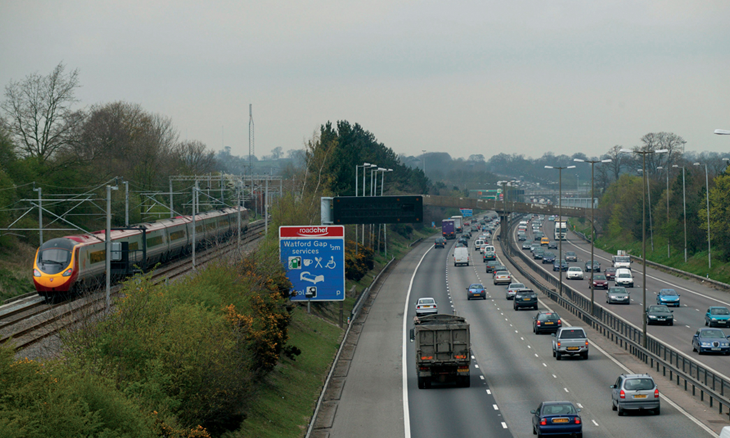 The company supplied the rail tracks for the new Crossrail project in London
The company supplied the rail tracks for the new Crossrail project in LondonBritish Steel is planning to axe around 400 of its jobs in the near future because of concerns over the weak pound as Brexit looms. The company re-launched two years ago after it was saved from collapse, and this is the first sign of weakness since its new beginning.
British Steel is devastated to be looking at the cutbacks, which will mean 10% of its workers will face redundancy as the company streamlines its operations.
Criticism of the Government
Some critics are angry at the government for not helping out the steel industry more as Brexit draws closer. They say that steel has not been given a priority in the Brexit negotiations, and steelmakers face difficult circumstances with many cutbacks across the board.
British Steel actually saw a £21 million profit in the first quarter of 2018, so the job losses are surprising to many. The workforce has already sacrificed much to create sustainability in the industry, accepting a 3% pay cut during the first year.
The company supplied the rail tracks for the new Crossrail project in London, so it looked like a growing concern. This is another reason why the losses have been such a blow.
British Steel has operations across the UK, France, the Netherlands and Ireland, and it is not yet clear which locations will suffer the cutbacks. Four-fifths of the workforce is located in the UK.
Currency Exchange Rate Problems
The weak pound has caused big problems for the company, as raw materials are traded in US dollars. The pound and euro are weak against the dollar right now, so this has caused financial problems.
Although the US only receives a small amount of British Steel exports, the trade tariffs imposed by Trump have also had a negative effect on the UK industry.
Although there will be cutbacks and some job losses, British Steel does not plan to close any of its sites. This will give some cheer to workers, but they will still be concerned about who will face redundancy.
It will be interesting to see how Brexit affects the steel industry as the UK pulls out of the EU in only a few months’ time. The long-term prospects are up in the air, as they are for many industries, so British Steel could be the first of many companies to follow suit.








